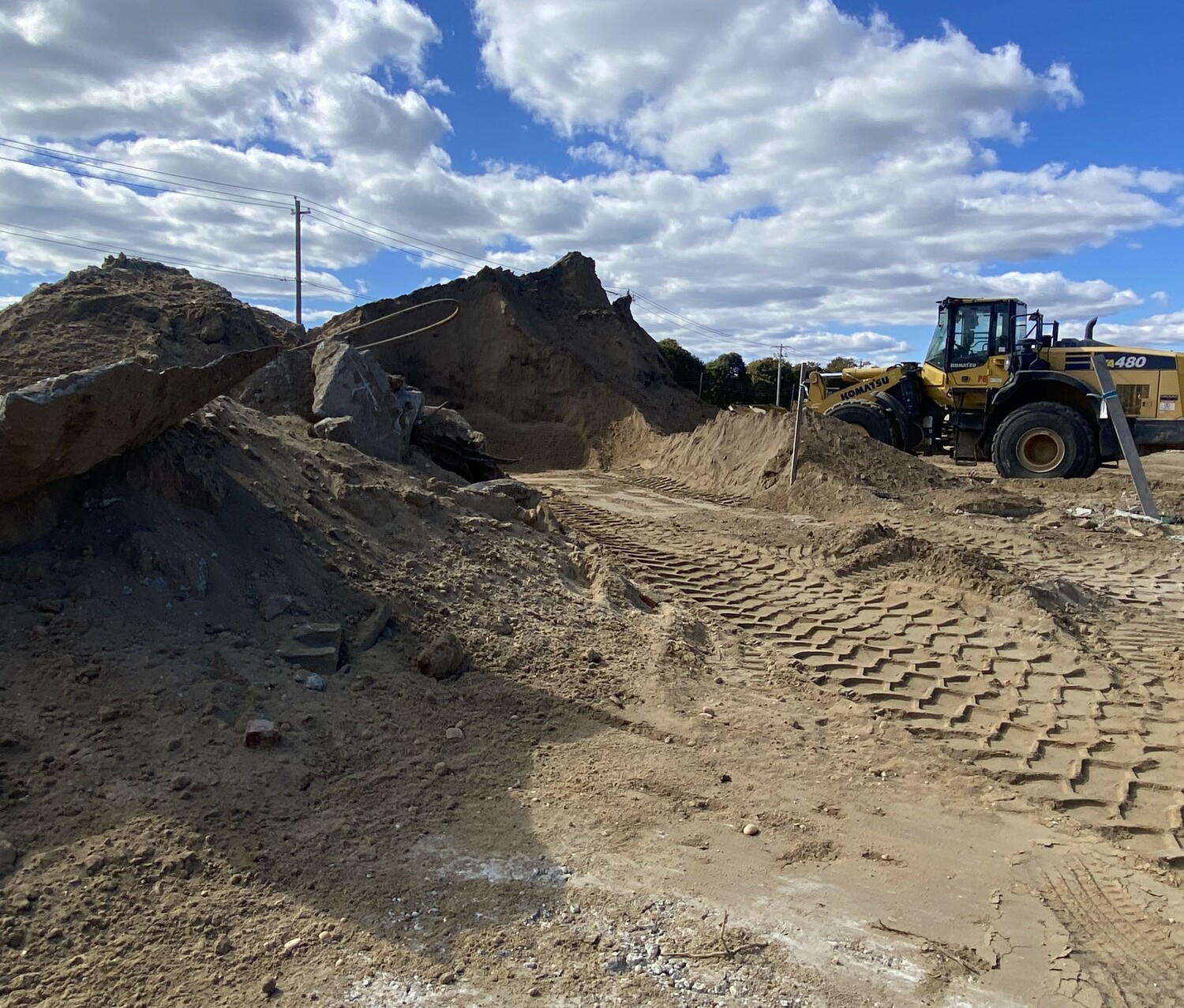
Can you imagine looking out a window toward your neighbor’s house and it’s not there — flattened along with all the landscaping, including mature trees, shrubs and plants, leaving a dirt lot. The ecosystem is destroyed, and yours may be affected as well. This is clear-cutting at the local level, but it’s done on a larger scale too. Uncontrolled, both pose a threat to our environment.
Clear-cutting is done to clear land for home and building construction, agriculture or ranching quickly and cheaply. No time is wasted saving the landscaping that took years to grow nor a home that could be moved elsewhere for affordable housing.
Clearing woodlands for the construction of multiple homes makes little aesthetic or environmental sense either because mature trees serve as a source of oxygen, add beauty and clean air. Large-scale destruction of trees also affects ecosystems and climate change.
It’s difficult to save trees in housing developments because of their great size and the required grading foundations, water supply and so forth. But steps can be taken; some towns have attempted to make the practice less onerous. A pioneering law in Englewood, New Jersey, imposes penalties for builders who cut down too many trees, and the contractor must deposit funds as insurance against clear-cutting. Contractors and homebuilding development companies must be held accountable.
Individuals can help control this growing threat by simply resisting the practice. Anyone building or buying a new house should talk with the builder about preserving as many trees as possible and specify they want mature trees on the property. Further, all of us can pressure town governments to pass laws that control tree removal.
Tree Ordinances
The focus of tree ordinances is to protect trees on public and private property for their aesthetic value, their role in reducing air and water pollution, lowering temperatures in summer, erosion control, noise abatement and maintenance of natural habitats for wildlife. They also give guidance for needs like cutting down a diseased or infested tree, cutting touching trees to make some grow or to make space for more sunlight in a specific area.
Understanding that environmental issues can be harmful to trees has prompted a number of Suffolk towns to enact ordinances preventing tree destruction on private and public property unless there is an extreme need — reflecting the recognition that trees are valuable to the community. There’s a growing awareness that small seedling trees replacing downed mature trees will take years to reach maturity!
Controlling Clear-Cutting in Suffolk County
Many towns in Suffolk now require permits to cut down trees, with specific regulations regarding tree size and location. Different towns have different rules regarding tree size and permit needs, and cutting down trees without a permit can result in fines. The towns of Huntington, Brookhaven and Smithtown all require permits and have regulations regarding tree removal, punishable by fines.
Several incorporated villages within the Town of Southampton also now require permits in order to control cutting down trees on residents’ property. The incorporated villages of Sag Harbor, North Haven, Bridgehampton and Southampton Village all have tree regulations.
It is important for all of us to help control the destruction of our natural environment. Did you know that clear-cutting also is an extreme logging method in which resilient natural forests are harvested and replaced with man-made tree plantations that do not replicate the ecosystem services of a healthy forest? The process impacts climate change due to carbon release, increased greenhouse gases, loss of wildlife habitats, altered rainfall patterns, soil erosion and flooding.
Clear-cutting should not happen here.
Nancy Lombardi is a member of the Westhampton Garden Club Conservation Committee.